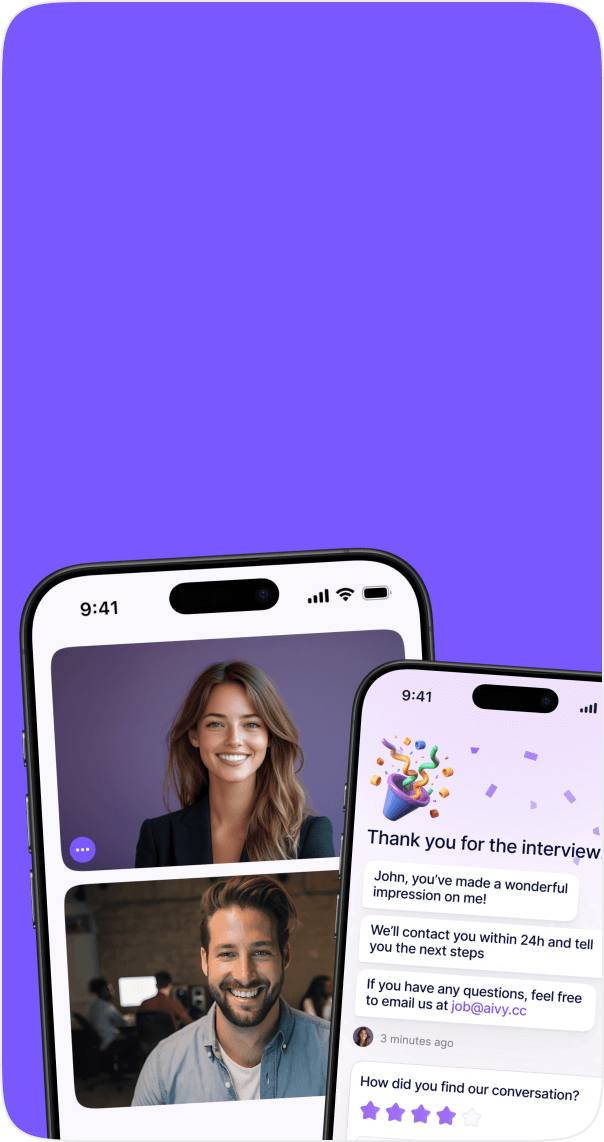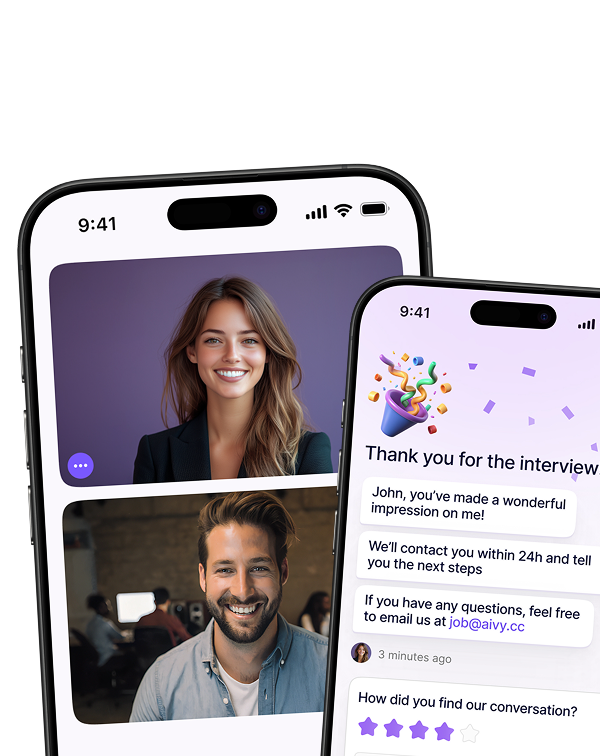Mar 7, 2025
Why your HR strategy is probably missing the mark.
TL;DR: Gen Z talks idealistic values but makes ruthlessly pragmatic career decisions. Your sustainability report won’t impress them, but your compensation package will. Their economic anxiety is reshaping hiring dynamics, and successful HR leaders will cut through the bullshit to address what actually drives their decisions. The uncomfortable truth most executives miss: blue-collar workers are now harder to find than white-collar workers. This isn’t just another HR challenge—it's an existential business threat that will determine which companies survive the next decade.
The Deloitte 2024 Gen Z survey dropped recently, and the data reveals something fascinating that most corporate LinkedIn posts won’t tell you: there’s a massive disconnect between what Gen Z says they value and what drives their actual career decisions.
The values-reality gap that's costing you talent
Let’s cut through the standard corporate narratives: 50% of Gen Z claim they’ve rejected work assignments on ethical grounds. 44% say they’ve turned down employers based on values alignment.
Impressive, right? Except the same report shows that 56% of them live paycheck-to-paycheck and when many "rejected" assignments, 22% were forced to complete them anyway.
Translation for HR leaders: Gen Z isn’t operating from a position of economic power. They’re answering surveys how they wish they could act while making ruthless compromises to survive. Your fancy ESG report isn’t what’s pulling them in—it's whether you’re paying enough to cover their rent.
Impressive, right? Except the same report shows that 56% of them live paycheck-to-paycheck and when many "rejected" assignments, 22% were forced to complete them anyway.
Translation for HR leaders: Gen Z isn’t operating from a position of economic power. They’re answering surveys how they wish they could act while making ruthless compromises to survive. Your fancy ESG report isn’t what’s pulling them in—it's whether you’re paying enough to cover their rent.
The "purpose economy" is largely strategic positioning
While 86% of Gen Z claim purpose is essential to job satisfaction, the report also shows 45% have side hustles primarily for extra cash. This isn’t the purpose-driven behavior we keep reading about—it's economic survival repackaged as meaning.
What HR leaders need to understand: Gen Z has mastered the language of corporate values because they’ve grown up in a world that demands it. They’ll expertly navigate your culture interviews while privately calculating if your compensation package is competitive. They’ve simply gotten better at playing the game.
What HR leaders need to understand: Gen Z has mastered the language of corporate values because they’ve grown up in a world that demands it. They’ll expertly navigate your culture interviews while privately calculating if your compensation package is competitive. They’ve simply gotten better at playing the game.
The AI skepticism you're ignoring
Perhaps the most surprising finding: Gen Z is deeply skeptical about AI, with "uncertainty" as their dominant emotion (24%). Women are significantly less comfortable with GenAI than men (54% vs 63%).
If you’re rushing to implement AI hiring tools, expect resistance. Gen Z has watched technology disrupt everything from privacy to democracy, and they’re appropriately wary. When you deploy new tech solutions, transparency about how they work isn’t optional—it's essential for trust-building.
If you’re rushing to implement AI hiring tools, expect resistance. Gen Z has watched technology disrupt everything from privacy to democracy, and they’re appropriately wary. When you deploy new tech solutions, transparency about how they work isn’t optional—it's essential for trust-building.
The education rebellion changing your talent pipeline
A third of Gen Z has rejected higher education altogether. They're calculating ROI on education and finding traditional pathways lacking. 24% are pursuing alternative paths like vocational training.
For CHROs and Talent Acquisition leaders: Your degree requirements are likely filtering out innovative talent. Gen Z is questioning the education-career pipeline that millennials followed, and they're building alternative skills pathways. Your company's credential requirements probably need a serious overhaul.
For CHROs and Talent Acquisition leaders: Your degree requirements are likely filtering out innovative talent. Gen Z is questioning the education-career pipeline that millennials followed, and they're building alternative skills pathways. Your company's credential requirements probably need a serious overhaul.
The return-to-office reality check
Despite the Twitter outrage, only 13% of those forced back to office started job hunting. Don’t mistake compliance for enthusiasm—your RTO policy might be creating silent disengagement. The most telling data point: 22% of Gen Z and 28% of millennials report feeling more engaged after returning to the office. That means over 70% don’t.
What actually works: The strategies that move the needle
So what actually drives Gen Z workplace decisions? The report offers clear signals:
- Economic security trumps purpose: Address compensation transparently. They've grown up in economic uncertainty and prioritize stability.
- Flexible work arrangements matter more than office perks: 60% of satisfied Gen Z cite work/life balance as their top priority. Your ping-pong tables aren't the draw you think they are.
- Learning beats loyalty: 61% of highly satisfied Gen Z cite development opportunities as critical. They know job security is dead—skill security is what they're after.
- Mental health support is non-negotiable: Only 51% rate their mental health as good. This isn't a "nice to have"—it's essential infrastructure.
- Technology adoption needs context: When implementing new tools, especially AI, explain the "why" behind them. Gen Z wants to know how technology serves humans, not the other way around.
The path forward: Honest value propositions
The most effective HR strategy for Gen Z isn’t about pretending to be something you’re not. It’s about honest value propositions.
If your company genuinely lives its values, great—but lead with the economic and developmental benefits you provide. Gen Z will assess your values independently through platforms like Glassdoor and their personal networks.
For HR leaders seeking sustainable engagement:
If your company genuinely lives its values, great—but lead with the economic and developmental benefits you provide. Gen Z will assess your values independently through platforms like Glassdoor and their personal networks.
For HR leaders seeking sustainable engagement:
- Create structured development paths: Clear growth opportunities matter more than vague promises of impact
- Build financial wellness programs: They need this more than meditation apps
- Implement transparent compensation: They’re sharing salaries anyway—get ahead of it
- Rethink credential requirements: Focus on skills, not degrees
- Provide mental health infrastructure: Not just wellness programs, but actual support
The bottom line
Gen Z isn’t navigating work based on idealism—they're operating on ruthless pragmatism disguised as values-driven decisions. They’ve inherited a brutal economic landscape and are adapting however necessary.
The generation that’s been endlessly analyzed is simply doing what every generation before them did: trying to build security and meaning in an increasingly precarious world. They’re just more articulate about it.
The generation that’s been endlessly analyzed is simply doing what every generation before them did: trying to build security and meaning in an increasingly precarious world. They’re just more articulate about it.
Is your organization wrestling with engaging Gen Z talent effectively? How are you navigating the gap between stated values and economic realities in your talent strategy? Share your experiences in the comments.







